15 Family Rules and Traditions That Finally Make Sense as an Adult
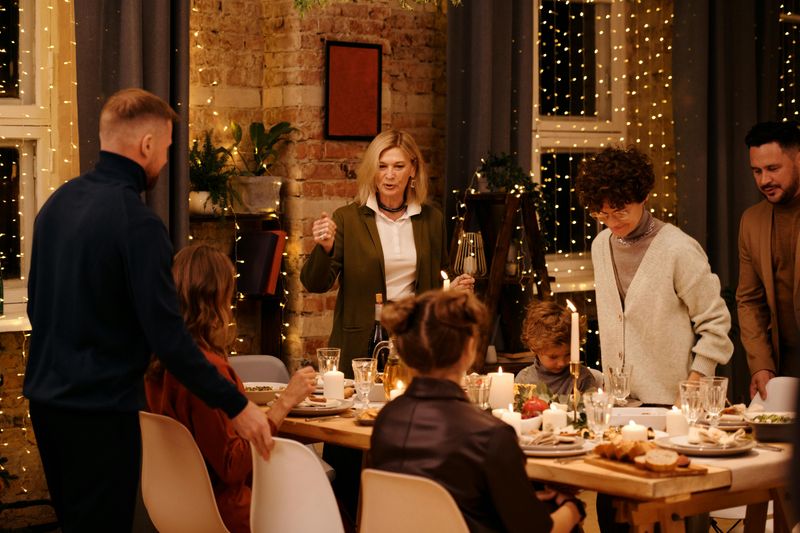
Growing up, many family rules and traditions felt like pointless obligations or boring routines that interrupted our fun. We rolled our eyes at mandatory dinners, groaned through thank-you notes, and counted the minutes until we could escape another family gathering. Now that we’re adults, though, something surprising happens—those same rules and traditions suddenly make perfect sense, revealing hidden lessons about connection, gratitude, and what truly matters in life.
1. Weekly Family Meetings
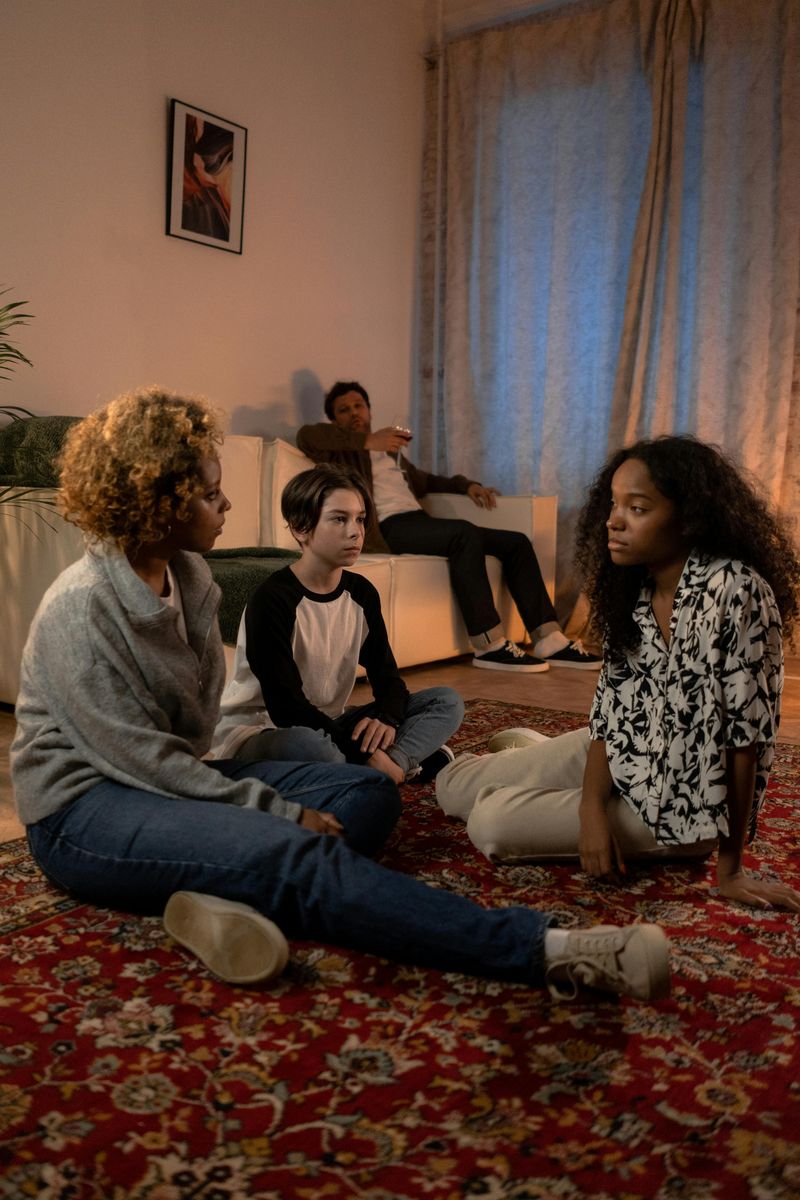
Remember sitting through those endless family meetings where everyone had to share their week and discuss household issues? Back then, it felt like a lecture series designed to torture kids who just wanted to play video games.
Now, those structured gatherings make total sense. They taught us how to communicate openly, hold ourselves accountable, and work through conflicts without screaming matches.
The skills learned in those living room sessions translate directly into adult relationships, work meetings, and even parenting. Turns out, learning to listen, speak up respectfully, and problem-solve together wasn’t boring—it was essential life training disguised as family time.
2. Unplugged Sundays

Sunday with no TV, no video games, no phones? Childhood you probably thought this was cruel and unusual punishment. The boredom felt unbearable when everyone else was online.
Fast-forward to today’s nonstop digital chaos, and those screen-free days suddenly seem like genius parenting. They created space for actual conversations, creative play, and mental rest that’s nearly impossible to find now.
As adults drowning in notifications and endless scrolling, we finally understand the gift of intentional disconnection. Those Sundays taught mindfulness before it became a buzzword, showing us that real connection happens when we’re fully present, not perpetually distracted.
3. Helping With Holiday Preparations

Decorating cookies, wrapping presents, setting up decorations—these tasks felt like chores stealing time from the actual fun of holidays. Why couldn’t grown-ups just handle everything while kids enjoyed the magic?
Adulthood reveals the truth: the preparation is where the magic actually lives. Those hours spent together creating something special taught teamwork, effort, and the beautiful reality that love requires action, not just feelings.
Now when we plan celebrations, we remember those lessons about putting in work to create joy for others. The effort behind every holiday becomes meaningful, transforming tasks into expressions of care that make celebrations truly special.
4. Sunday Family Dinners

Those mandatory Sunday dinners where you had to sit still, use proper manners, and actually talk? Absolute torture when your friends were hanging out or your favorite show was on.
Adulthood brings a different perspective when life moves too fast and meaningful connection becomes rare. Those weekly meals taught us to slow down, share our lives beyond quick texts, and maintain bonds that strengthen over shared food.
The ritual of gathering, the rhythm of routine connection, the simple act of being present—these weren’t punishments but precious practices. Now we crave those unrushed moments around the table, understanding they built the foundation for lasting family relationships.
5. Annual Family Photo Sessions

Getting dressed up, standing still, smiling on command, retaking shots until everyone looked perfect—family photo day ranked among childhood’s most annoying traditions. The forced smiles and uncomfortable outfits made it feel pointless.
Then you become an adult and discover those awkward photos are absolute treasures. They capture moments you’d otherwise forget, showing how everyone changed, grew, and remained connected through the years.
The passage of time becomes beautifully visible in those images. What felt like torture created a visual timeline of your family’s story, preserving memories that become more precious as loved ones age and life moves forward relentlessly.
6. Mandatory Thank You Notes
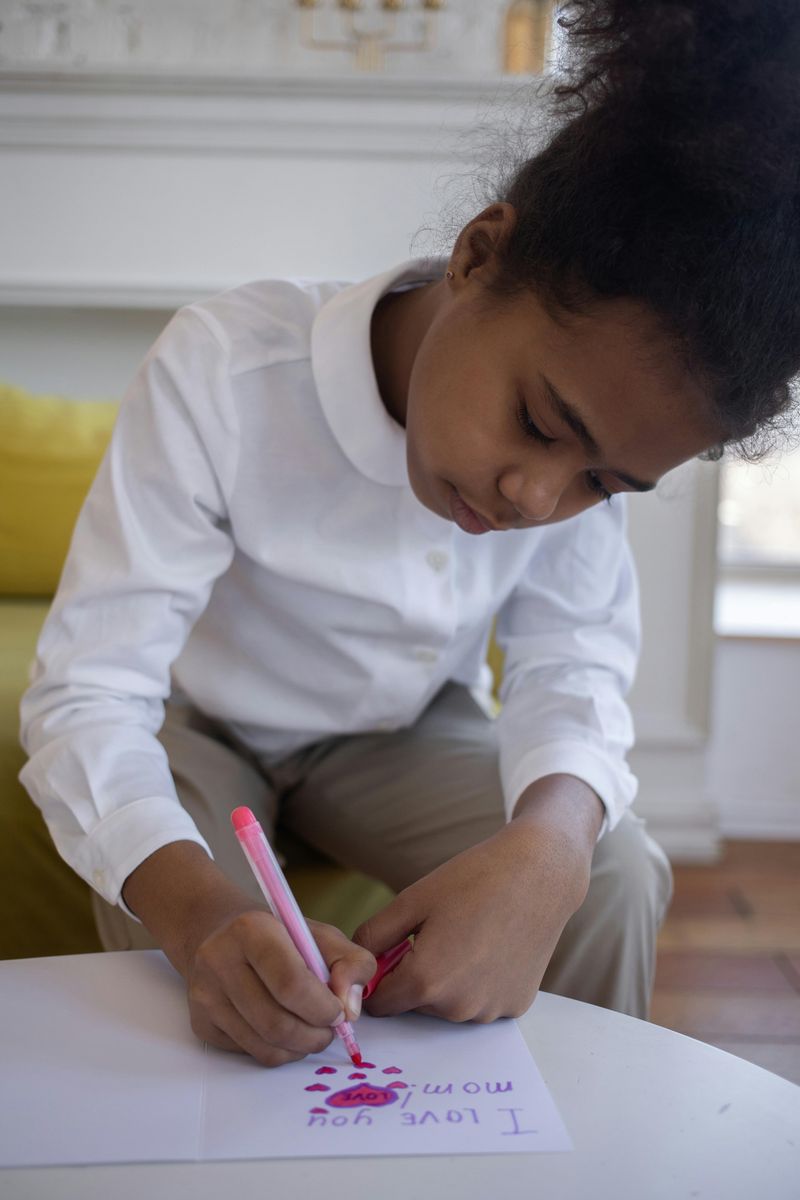
Writing thank-you notes for every gift felt like homework that never ended. Your hand cramped, the words felt repetitive, and it seemed completely unnecessary when you’d already said thanks in person.
Adult life reveals how those tedious notes taught something powerful: genuine gratitude requires effort. Taking time to acknowledge kindness, express appreciation thoughtfully, and recognize others’ generosity creates goodwill that opens countless doors.
People remember those who take time to say thank you properly. The habit of expressing gratitude, learned through those painful childhood notes, becomes a professional and personal asset that sets you apart in a world where courtesy increasingly feels rare.
7. Visiting Extended Family
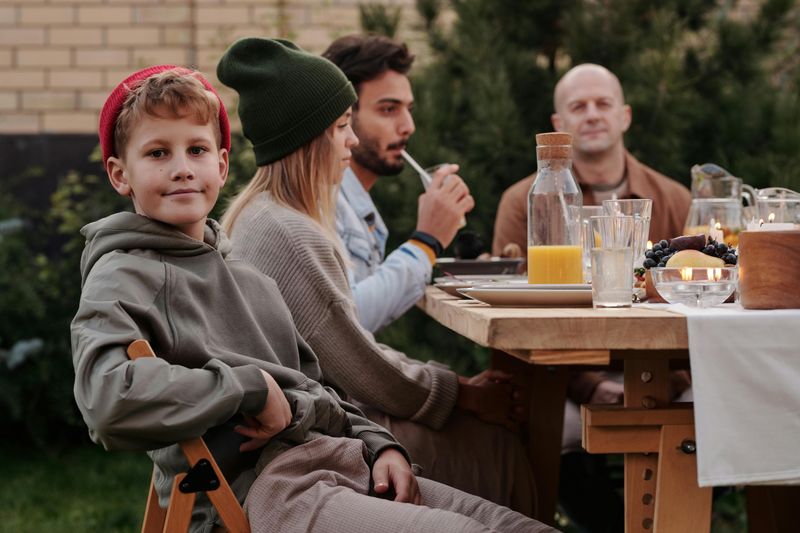
Spending weekends visiting aunts, uncles, cousins, and grandparents meant hours of boring adult conversation and awkward questions about school. The small talk felt endless, and you’d rather be anywhere else.
Growing up changes everything. Those visits preserved connections that become lifelines, taught family history that shapes identity, and created relationships offering unconditional support when life gets hard.
The stories shared during those gatherings, the sense of belonging, the knowledge of where you came from—all of it matters more than childhood you could imagine. Extended family represents roots, heritage, and the comforting reality that some people will always have your back.
8. Storytelling Sessions

Hearing the same family stories repeated at every gathering or the identical bedtime tales every night felt monotonous. You knew every word before they were spoken, making the ritual seem pointless and repetitive.
Adulthood brings understanding that those stories were never just entertainment. They passed down family history, taught important lessons, sparked imagination, and created connection through shared narratives that defined your family’s identity.
Oral tradition matters more than we realized. Those repeated tales preserved memories, values, and experiences that might otherwise disappear. Now you find yourself telling those same stories, understanding their power to connect generations and keep loved ones’ memories alive.
9. Participating in Community Service
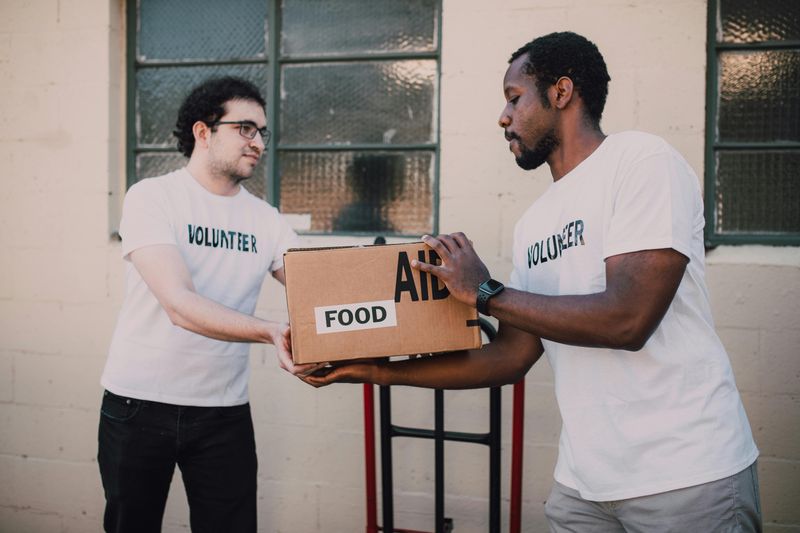
Being dragged to volunteer at soup kitchens, clean up parks, or help at charity events felt like sacrificing your free time for strangers. You went reluctantly, watching the clock until you could leave.
Years later, those experiences reveal their true value. They planted seeds of empathy, taught the importance of giving back, and showed that privilege carries responsibility to help others less fortunate.
The appreciation for community service grows when you understand how interconnected we all are. Those childhood obligations transformed into a lifelong commitment to generosity, compassion, and recognizing our shared humanity beyond our individual bubbles and comfort zones.
10. Family Game Nights
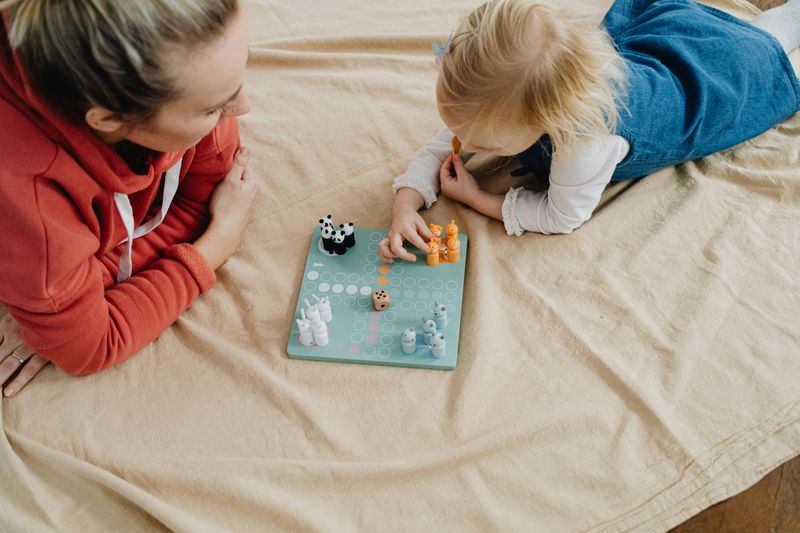
Board games meant arguments over rules, accusations of cheating, and someone inevitably storming off angry. Monopoly destroyed friendships, and losing felt like the end of the world when you were ten.
Looking back, those competitive evenings taught valuable lessons about winning gracefully, losing without tantrums, and working together toward shared goals. The laughter, strategy, and face-to-face interaction created memories that screen-based entertainment never could.
In an age of isolated gaming, those chaotic game nights represent something increasingly rare: unplugged fun that brought everyone together. The arguments seem silly now compared to the joy of genuine connection and shared experiences.
11. Gardening Together
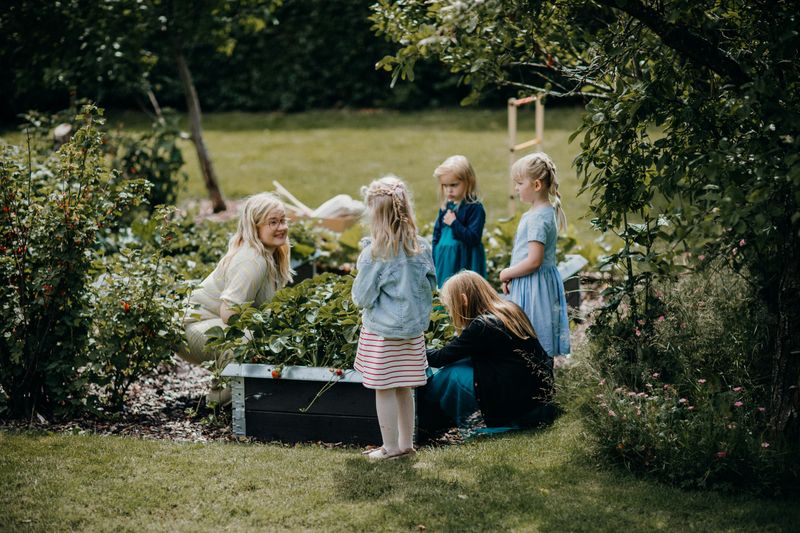
Digging in dirt, pulling weeds, watering plants—gardening felt like outdoor chores disguised as family bonding. The bugs, the heat, the seemingly pointless effort to grow things you could buy at stores made no sense.
Adult perspective reveals gardening’s deeper lessons about patience, nurturing, and delayed gratification. You plant seeds, care for them consistently, and eventually witness your efforts literally bloom into something beautiful or nourishing.
That metaphor extends to everything meaningful in life: relationships, careers, personal growth. Those dirt-under-your-nails afternoons taught that worthwhile things require time, attention, and consistent care before they flourish. The harvest makes the work worthwhile.
12. Cleaning Before Guests Arrive

Remember how your parents would turn into cleaning tornadoes before company showed up? You probably thought they were being dramatic about a few dishes in the sink or some toys on the floor. Fast forward to adulthood, and suddenly you understand completely.
Having a clean space when people visit shows respect for your guests and pride in your home. It creates a welcoming atmosphere that helps everyone relax and enjoy themselves. Plus, you avoid that embarrassing moment when someone needs to use the bathroom and it looks like a disaster zone.
Beyond impressing visitors, this habit teaches responsibility and time management. It’s about creating a comfortable environment where memories can be made without distractions. Now you’re the one frantically tidying up thirty minutes before the doorbell rings, finally appreciating why Mom was always so insistent about it.
13. Celebrating Cultural Festivals
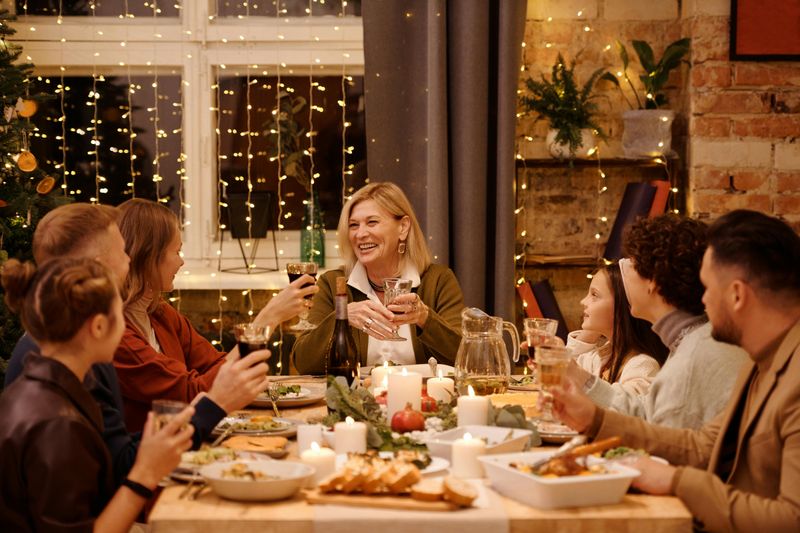
Remember rolling your eyes at yet another cultural celebration that interrupted your weekend plans? Back then, the elaborate preparations and formal rituals felt like a chore. You probably wondered why your parents made such a big deal about holidays that none of your friends celebrated.
Fast forward to adulthood, and those traditions suddenly feel precious. The foods, songs, and customs you once took for granted now serve as vibrant threads connecting you to your identity and family history. They’re not just parties—they’re living links to ancestors you never met and stories that deserve to be told.
Celebrating these festivals now fills you with pride rather than embarrassment. You finally understand that your parents weren’t being old-fashioned; they were gifting you belonging.
14. Organizing Family Reunions
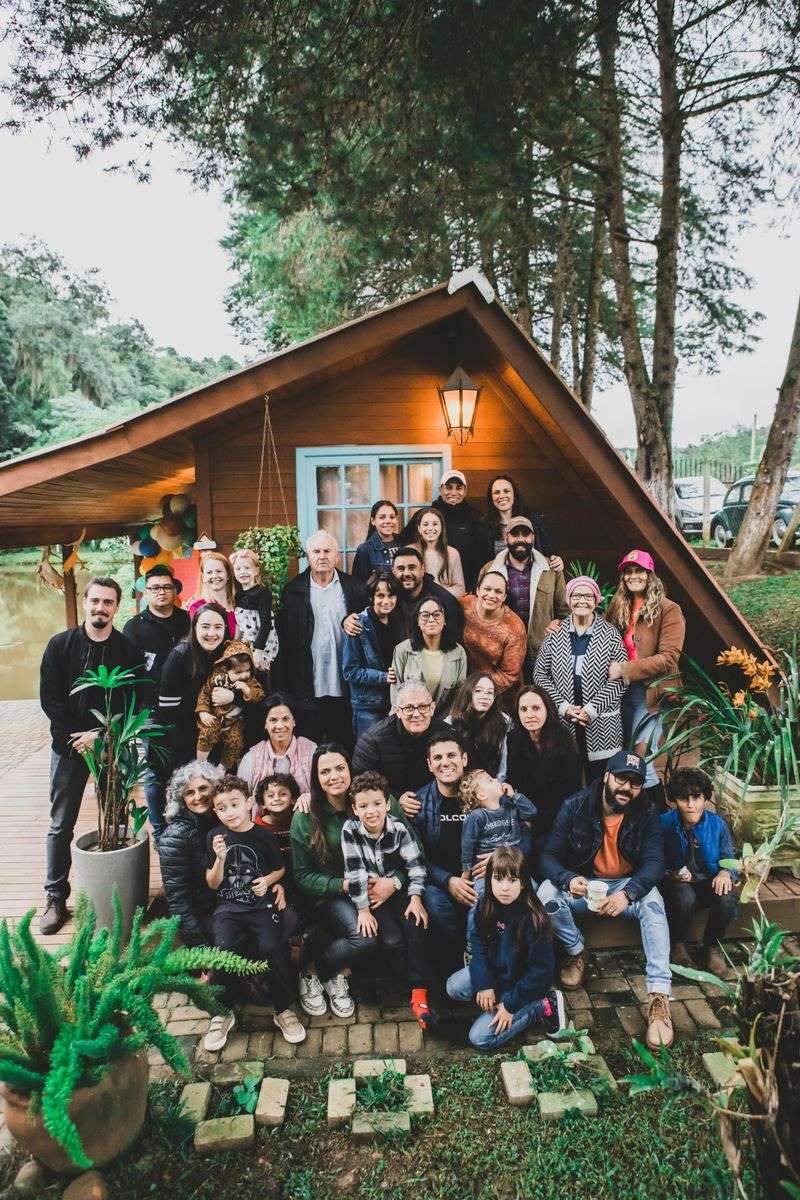
As a kid, family reunions meant being dragged to some park or community center to hang out with relatives you barely knew. The planning stress your parents went through seemed ridiculous for an event that felt awkward and boring. You’d rather have spent that time with your actual friends.
Now you’re the one sending out invitations and coordinating schedules across time zones. The effort suddenly makes perfect sense because you’ve watched how quickly time passes and how easily family bonds fade without intentional nurturing. Those reunions aren’t about perfection—they’re about preservation.
Reconnecting with cousins, hearing your grandmother’s laugh, watching different generations interact—these moments become priceless as you age. The memories created and relationships strengthened are worth every ounce of planning headache.
15. Taking First-Day-of-School Photos
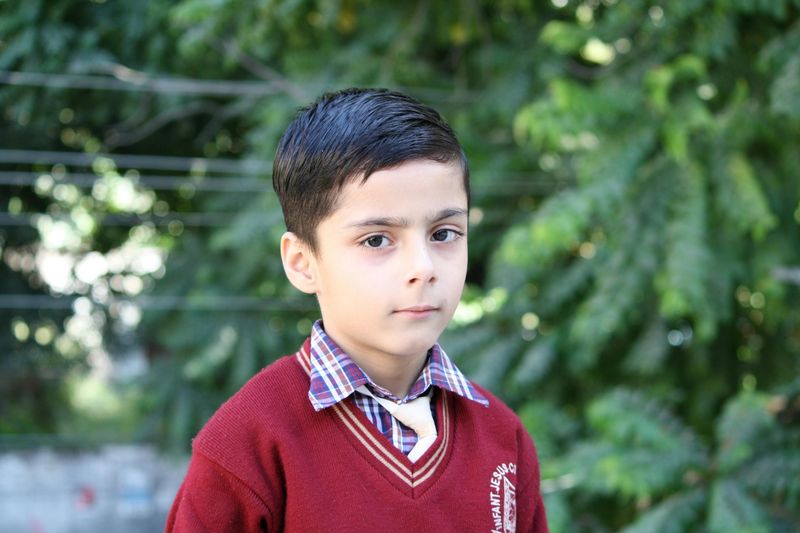
Few childhood rituals felt more mortifying than standing on the porch holding a sign while your parents snapped endless photos. You just wanted to get to school, but there they were, adjusting the lighting and demanding one more smile. It seemed unnecessarily embarrassing, especially as you got older.
Looking back through those photos now hits differently. Each image captures a specific moment frozen in time—a gap-toothed grin, an oversized backpack, that terrible haircut you insisted on getting. They’re visual time capsules documenting your growth in ways memory alone never could.
These snapshots celebrate milestones you barely noticed while living them. Your parents understood something you couldn’t: childhood flies by impossibly fast, and photographs help us hold onto what we can’t keep.

Comments
Loading…